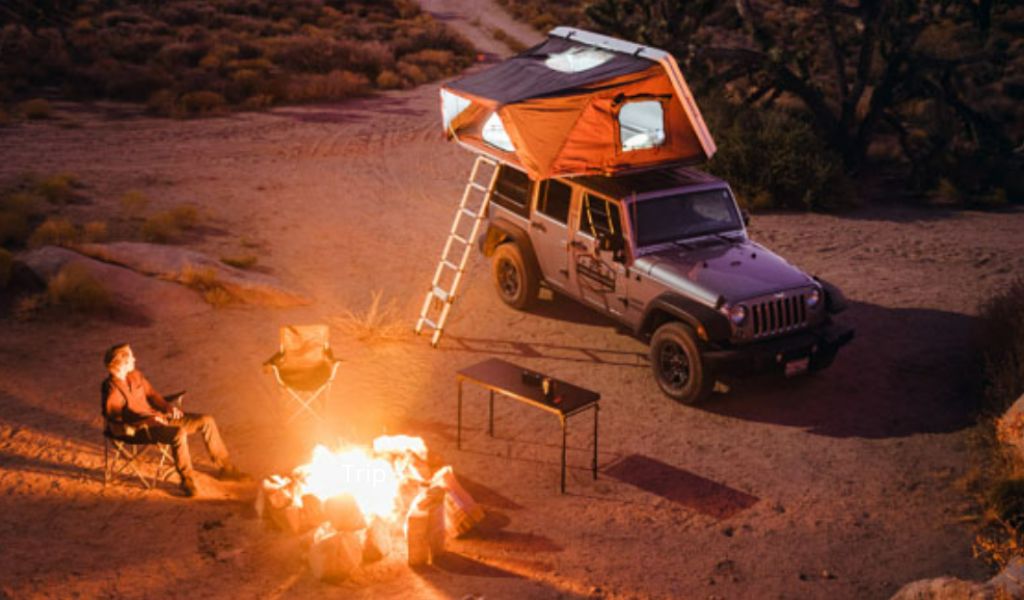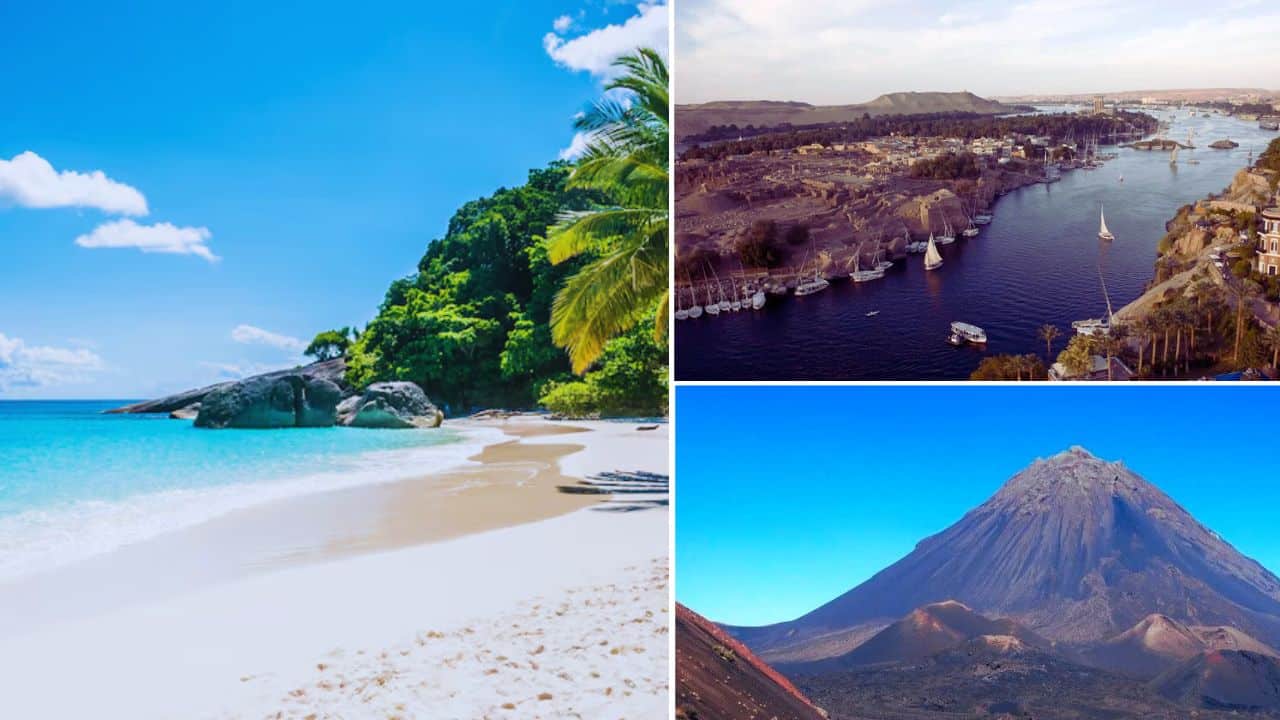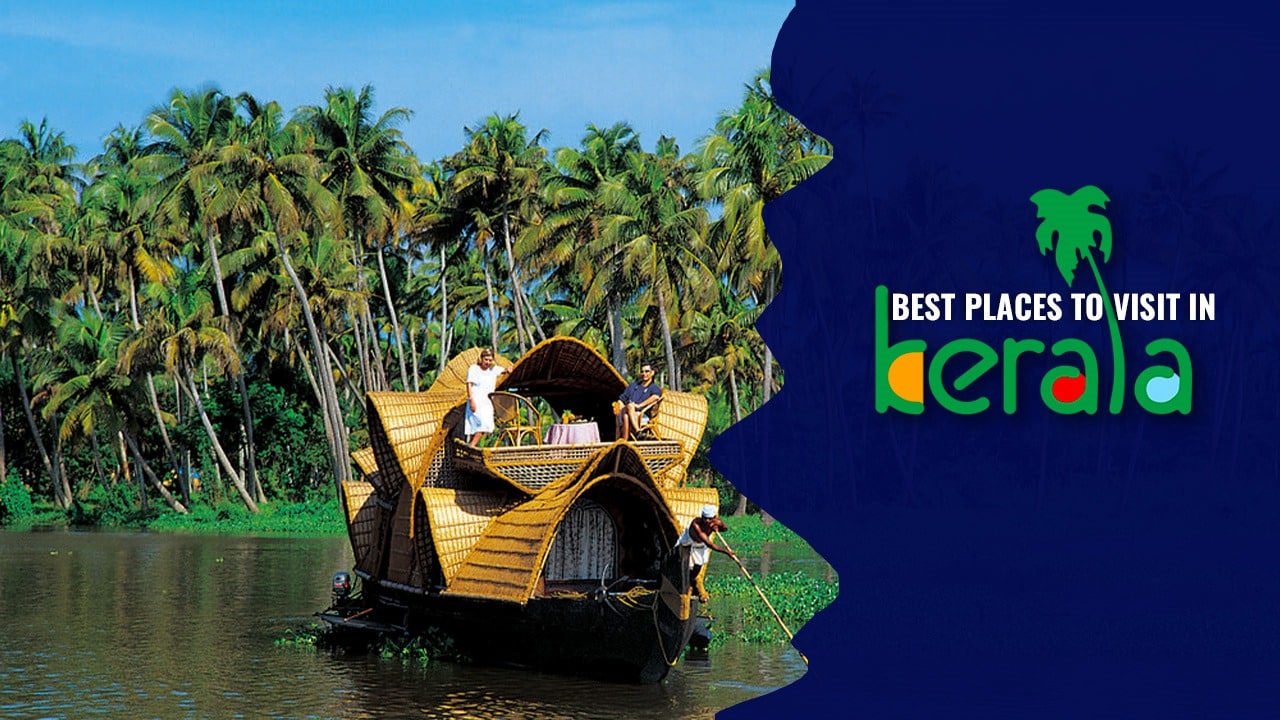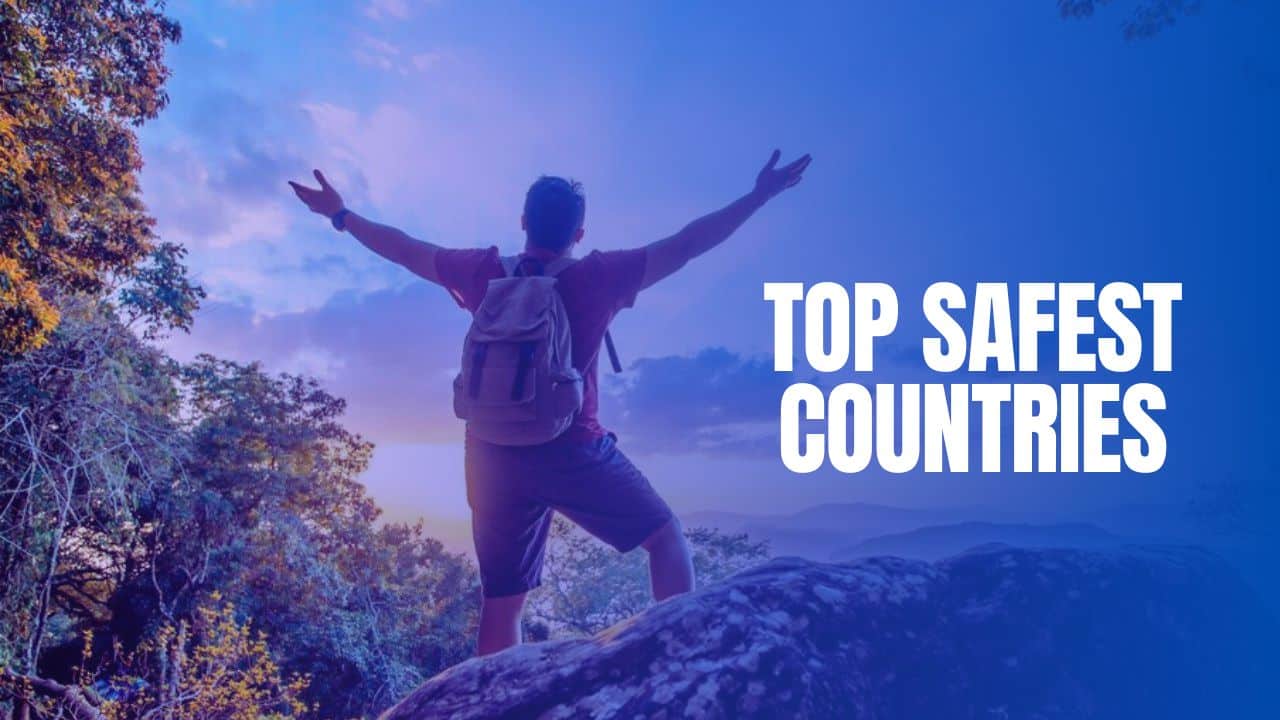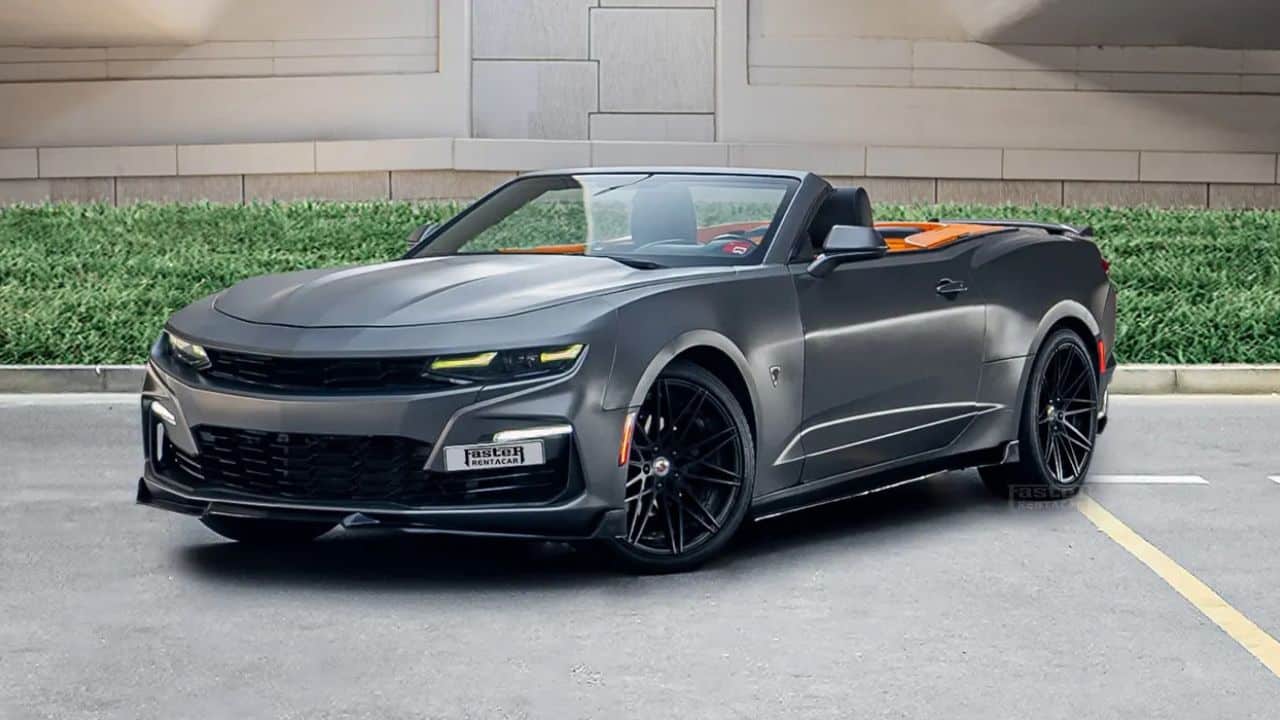Off-road camping can be a thrilling and rewarding way to experience the great outdoors. Still, it’s important to properly plan and prepare for your trip to ensure a safe and comfortable experience. Here are some tips to help you plan an off-road camping trip:
Preparing Your Vehicle for Off-Road Camping
A reliable vehicle is one of the most important factors in a successful off-road camping trip. Before you embark on your adventure, ensure your vehicle is in good working order and equipped for off-road conditions. This may include installing a lift kit, upgrading to off-road tires, and adding recovery gear like a winch and tow straps.
Have tools and supplies for basic vehicle maintenance and repairs, such as a jack, lug wrench, and spare tire. In addition, bring extra fluids like oil, transmission fluid, and coolant, as well as a first aid kit and emergency supplies.
Essential Gear for an Off-Road Camping Adventure
In addition to your vehicle, there are a few key pieces of gear that you’ll need for an off-road camping trip. These may include:
- A sturdy, reliable tent that can withstand wind, rain, and other harsh weather conditions
- A comfortable sleeping pad and warm sleeping bag
- A camp stove and cooking supplies, such as pots, pans, and utensils
- A cooler for storing perishable food items
- A flashlight or headlamp and extra batteries
- A portable charging system for your electronics
- Sun protection, such as hats, sunscreen, and sunglasses
- Warm clothing and rain gear
- A map and compass or a GPS system
It’s important to carefully consider your gear needs and choose high-quality items that will stand up to the rigors of off-road camping.
Finding the Perfect Off-Road Campsite
One of the best parts of off-road camping is exploring and finding your own campsite rather than being limited to designated campsites. Make sure to decide on the most suitable one and have the best off-road caravan as a cherry on the cake. When choosing a spot to set up camp, consider the following factors:
- Proximity to water: Look for a campsite near a water source, such as a river or stream, for drinking and cooking needs.
- Elevation: Avoid campsites in low-lying areas prone to flooding or mud in wet weather.
- Shade: Look for a spot with some natural shade to provide relief from the sun during the day.
- Distance from trails: Choose a campsite that is far enough from trails and other busy areas to ensure privacy and reduce environmental impact.
Cooking and Meal Planning for an Off-Road Camping Trip
Proper meal planning and cooking can make a big difference in the success of your off-road camping trip. When packing food, consider the following tips:
- Pack non-perishable, lightweight items like trail mix, nuts, and dried fruit for snacking.
- Choose easy-to-prepare meals that can be cooked on a camp stove or over a fire.
- Pack a variety of food items to keep meals interesting and satisfying.
- Bring plenty of water and a water filter or purification tablets to ensure a safe and reliable water supply.
Safety Tips for Off-Road Camping
While off-road camping can be a lot of fun, it’s important to prioritize safety and be prepared for emergencies. Here are a few safety tips to keep in mind:
- Know your limits: Don’t attempt to tackle trails or terrain beyond your vehicle’s capabilities or your skill level.
- Follow the rules: Respect any regulations or restrictions in your camping area, and be mindful of any wildlife or sensitive habitats.
- Tell someone your plans: Let a trusted friend or family member know your campsite location and expected return date in case of an emergency.
- Bring a first aid kit: Make sure you have a well-stocked first aid kit and know how to use it in case of injury.
- Be prepared for emergencies: Bring a satellite phone or other communication device for use in case of an emergency, and make sure you have a reliable way to start a fire and signal for help.
Maximizing Comfort on an Off-Road Camping Trip
While off-road camping can be an adventure, it’s important to also focus on comfort to ensure a pleasant and enjoyable experience. Many times a road trip Here are a few tips to help maximize comfort on your trip:
- Choose the right tent: Consider factors like size, ventilation, and waterproofing when selecting a tent.
- Invest in a good sleeping pad and sleeping bag: A comfortable place to sleep can make a big difference in how rested and refreshed you feel in the morning.
- Pack a few creature comforts: Don’t be afraid to bring a few personal items that can help make your trip more enjoyable, such as a book, music, or your favorite snacks.
By following all these tips mentioned above, you can rest assured that you will have an enjoyable camping experience.

